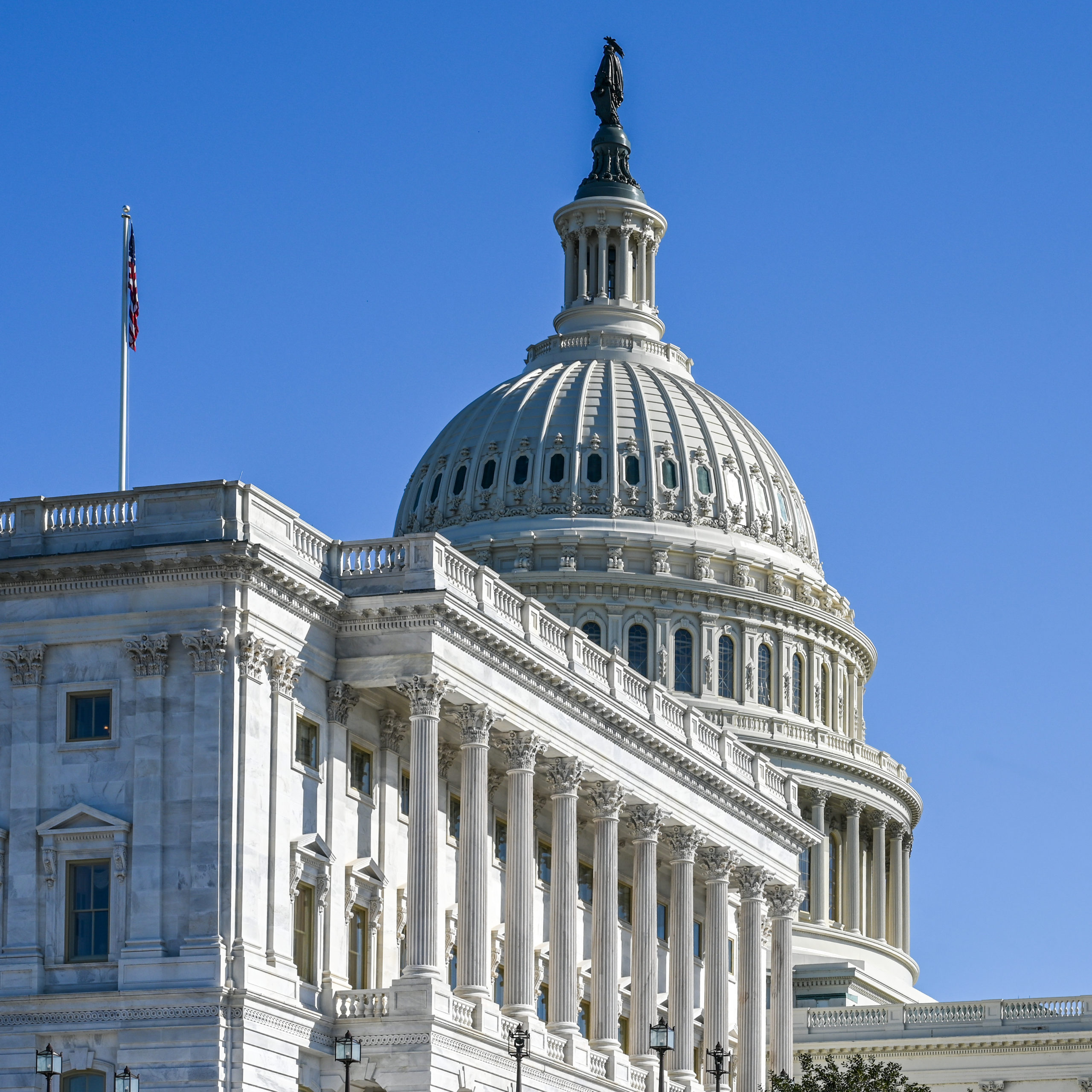ENABLERS Act Creates Anti-Money Laundering Obligations for Certain U.S. Professional “Gatekeepers”
Washington, D.C. – Yesterday, the U.S. House of Representatives approved as part of the must-pass defense spending bill the Establishing New Authorities for Businesses Laundering and Enabling Risks to Security (“ENABLERS”) Act. The Act requires certain professional service providers that are best positioned to act as “gatekeepers” to the U.S. financial system to adopt common sense anti-money laundering procedures that can help detect, flag, and prevent the laundering of corrupt and other criminal funds into the United States.
“In passing the ENABLERS Act, the House has shown commitment to overhauling one of the most glaring blindspots in U.S. anti-money laundering law, a blindspot that has enabled criminals and kleptocrats to park their ill-gotten gains with ease in the U.S. financial system,” said Ian Gary, executive director of the FACT Coalition. “The Senate must now follow suit and pass the ENABLERS Act into law.”
Contrary to international best practice recommendations from the Financial Action Task Force (FATF), the United States is currently behind in requiring actors like transactional attorneys and trust service providers to conduct even the most basic forms of customer due diligence. This Act reverses course by mandating that U.S. business professionals – in particular, those who provide financial, company, trust, or third-party payment services for their clients – to “know their customer” before and while doing business.
“As Treasury Secretary Yellen said last year, the U.S. is ‘the best place to hide and launder ill-gotten gains’. Criminals, kleptocrats and corrupt actors need U.S. professional enablers to help them navigate our rules. Just within the past month, the Treasury Department blocked a Delaware trust that was harboring $1 billion in assets for a sanctioned Russian oligarch,” said Gary. “It’s time for these financial gatekeepers to flip the script and be on the front lines of the fight for more transparent and open markets, and democracy around the globe.”
On June 30, the Treasury Department blocked $1 billion in assets in Delaware-based Heritage Trusts, for its connection to sanctioned Russian oligarch Suleyman Kerimov. While working with sanctioned individuals is against the law, the trust company had no anti-money laundering obligations to understand its customer or report suspicious activity by its client. The requirements would change if the ENABLERS Act was passed into law.
In December 2021, the Biden Administration released the U.S. Strategy on Countering Corruption, which included its intention to work with Congress to get new authorities allowing it to bring non-bank business professionals under the purview of U.S. anti-money laundering law. FACT is encouraging the Senate to follow through on delivering these authorities, as enumerated in the ENABLERS Act.
FACT is further advocating that Congress better resource the agency that would be responsible for implementing the Act, namely the Financial Crimes Enforcement Network (FinCEN). FinCEN is also currently working to implement other crucial anti-money laundering reforms, including regulations to stop the abuse of anonymous shell entities as well as to bring greater transparency to real estate transactions.
“As Treasury Secretary Yellen said last year, the U.S. is ‘the best place to hide and launder ill-gotten gains’. We must empower our country’s financial crime fighters to go after and find these funds. Congress plays a crucial role in making that happen,” said Gary.
###
Notes to the Editor:
- The text of the ENABLERS Act, as included in the National Defense Authorization Act.
- A factsheet explaining the content and purpose of the legislation.
- In May, the United States was ranked as the largest supplier of financial secrecy in the World according to the 2022 Financial Secrecy Index from the Tax Justice Network. The failure to regulate certain enabler professions contributed to this ranking.
- The first ever White House Strategy on Countering Corruption, which commits to working with Congress to advance legislation to regulate certain gatekeeping professionals can be found here.

